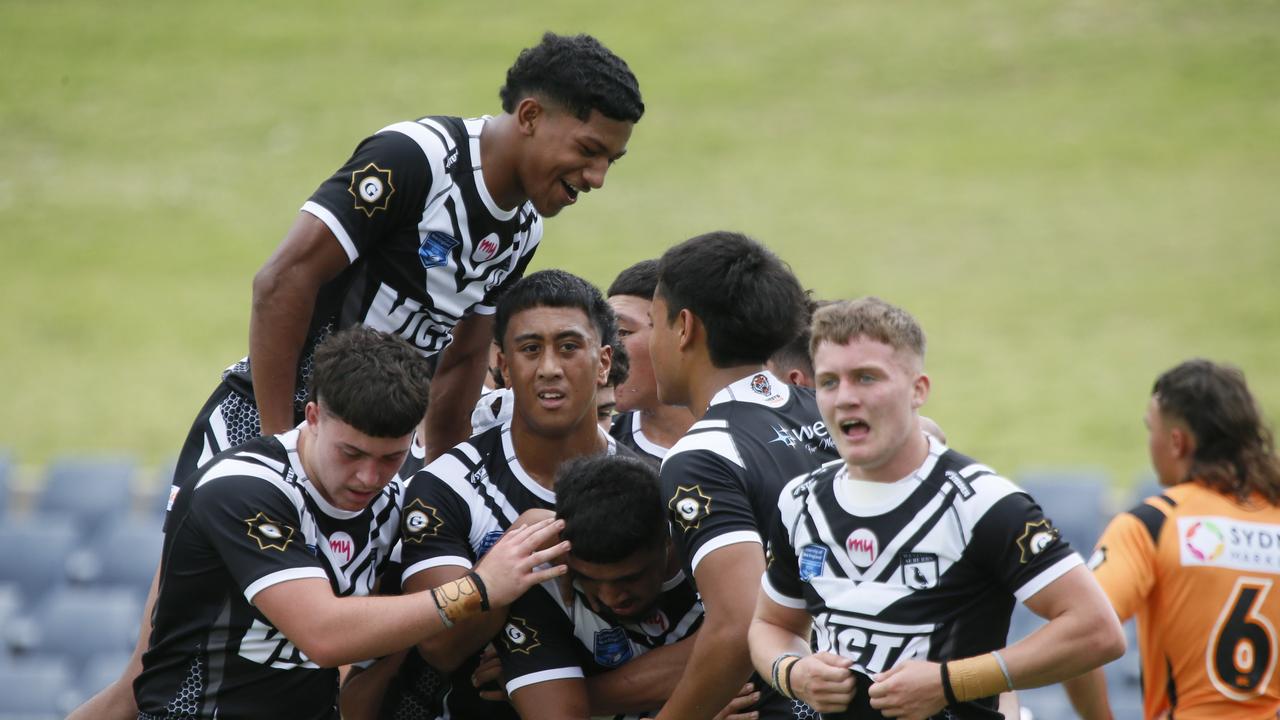Royal Far West: Not-for-profit organisation helps regional communities after natural disaster impacts
Social workers are digging deep to support rural communities still scared by the Black Summer fires and devastating floods. Here’s how they are supporting vulnerable kids.
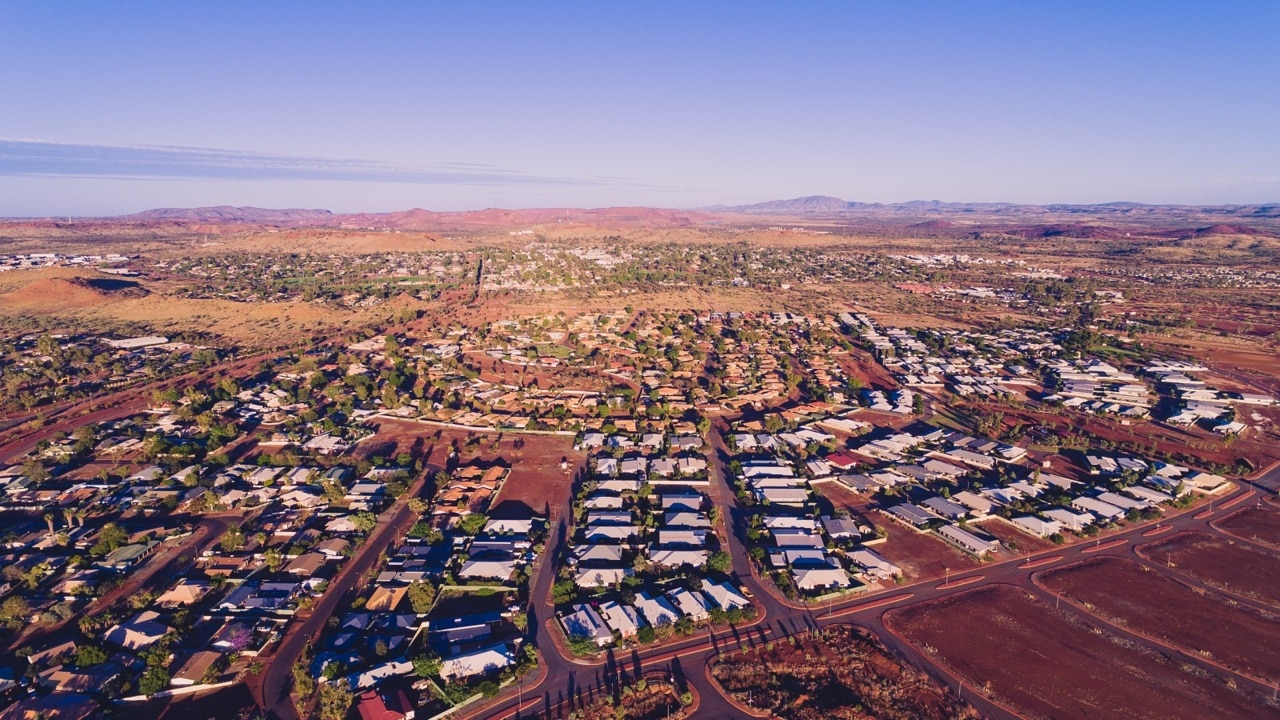
Local
Don't miss out on the headlines from Local. Followed categories will be added to My News.
As a devastating fire season looms across the state, children and families living in regional communities are set to benefit from ground-breaking social services helping them deal with natural disasters.
Royal Far West, a nonprofit organisation focused on assisting country children, is supporting regional communities through their Community Recovery Program.
The program delivers support to children and their families “to improve their resilience and wellbeing” while decreasing the likelihood of long-term adverse impacts.
The program is supported by speech pathologists, occupational therapists, clinical psychologists and social workers to focus on rural and regional children’s development of those who have or will be impacted by natural disasters.
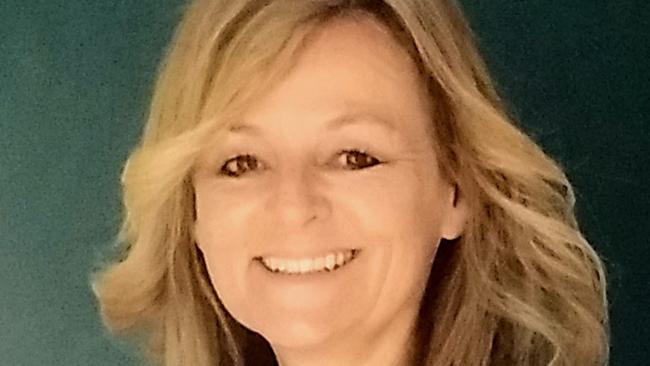
“These are the children who can’t access the same services that children in larger towns and cities can,” Ms Eagland said. “This program is designed to help children’s recovery while really recognising the need that you don’t need to work in isolation.”
Ms Eagland told The Dubbo News each program is delivered in a “unique” way, depending on the community and their needs.
Senior social worker Jess Shonk has been delivering services to communities of the Eurodalla region, which is an area under high threat of fires.
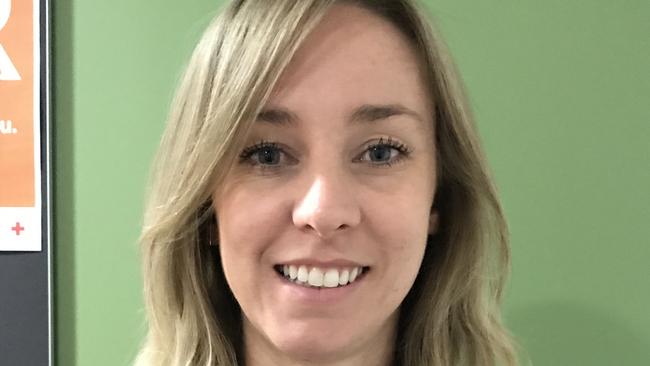
Ms Shonk has delivered services to Bateman’s Bay Public School, Bateman’s Bay Public School Mundarra preschool, St Bernard’s Primary School, SDN Bateman’s Bay preschool, Moruya Public School, St Mary’s Primary School Moruya, Bodalla Public and Mogo Aboriginal preschool.
“Part of the work I’ve been doing over the past two years has been visiting the schools, delivering education programs to students, parents and teachers, and learning how the children may benefit,” Ms Shonk said.
“We’re there to look at different things the kids are feeling, what their feelings are at the moment and how to help them build up the emotional literacy to identify their own feelings.
Ms Shonk said she has visited the region three times and has grown a connection with the community.
“I think once that trust was developed with the schools it really helped to build that relationship and I think they’ve been able to see some positive impacts.”
Occupational therapist Tayla Iellamo has been with Royal Far West for four years and has been working in the Eurobodalla, Bega Valley, Grafton and Glen Ines areas, delivering services to children that have suffered from bushfires and prepping them for the upcoming season.
Ms Iellamo has visited communities which have been impacted by the Black Summer bushfires and also last year’s flooding events.
“I’m focused on support kids through the change, the grief and the loss that they’ve experienced,” Ms Iellamo said.
“It also focuses on some strategies for them to walk away with that are, I guess tangible and calming, so they can be used in their daily lives.
“We also help teachers understand the behaviors that they are seeing in kids and really help the kids to learn - we know that after a disaster the shift in schools goes from learning to wellbeing.”
Clinical phycologist Louise Bezzina has been working with children and families impacted by the fires from the Eurobodalla, Snowy Monaro, Post Macquarie Hastings, and Mid Coast areas.
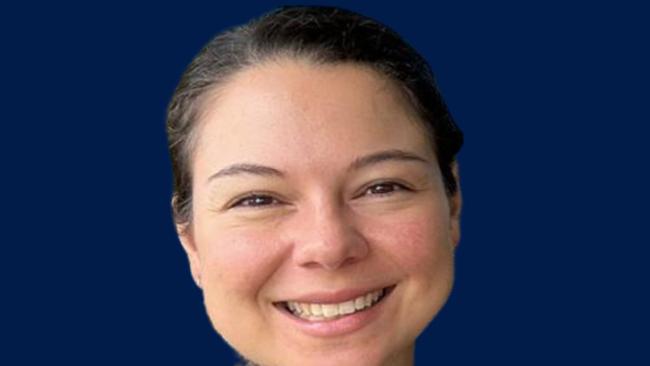
Ms Bezzina said the service specialises in using an “evidence-based approach” to support children’s recovery following a natural disaster.
“The approach is based on the five essential elements of immediate and mid-term mass trauma intervention, including promoting a sense of safety, calming, self and collective efficacy, connectedness, and hope,” Ms Bezzina said.
“The service supports communities impacted by natural disasters by first understanding the needs of the community and then collaborating with schools and offering a range of different supports based on their needs including children’s groups focused on natural disasters, grief, and loss, educator professional learning, parenting support, and telecare therapy for children.
“Following a frightening or traumatic event such as a bushfire it is normal for children to experience difficulties in the immediate or short-term.”


